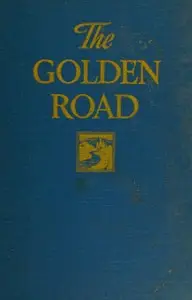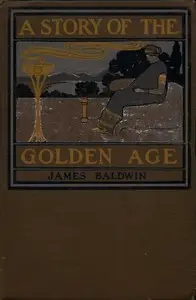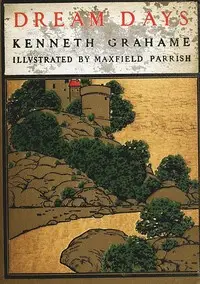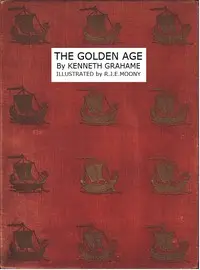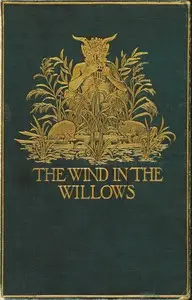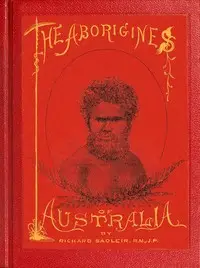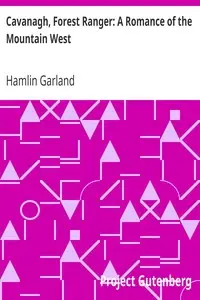"The Golden Age" by Kenneth Grahame is a story that looks back fondly on childhood, focusing on imagination, being innocent, and how kids see adults differently. It tells the tales of a bunch of young kids, letting people remember the fun times and made-up stories that make up playing as a child. It starts with the narrator thinking about adults, calling them "Olympians," and showing how they don't get how amazing childhood is. This kicks off lots of short stories about the kids having fun, getting into trouble, and thinking about deep stuff together. The beginning parts of the story show how close the kids are, their adventures outdoors, and the interesting thoughts they have. It all reminds us that childhood doesn't last forever and that everyone grows up eventually. As they play make-believe games where they fight enemies, find cool stuff, and go on pretend adventures, their happiness really stands out, helping readers appreciate how great it is to be innocent and explore the world.
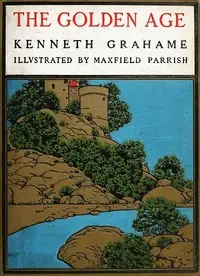
The Golden Age
By Kenneth Grahame
Experience the joy of youth as a group of children navigate a world of imagination, adventure, and the confusing realities presented by the grown-ups around them.
Summary
About the AuthorKenneth Grahame was a British writer. He is best remembered for the classic of children's literature The Wind in the Willows (1908). Scottish by birth, he spent most of his childhood with his grandmother in England, following the death of his mother and his father's inability to look after the children. After attending St Edward's School in Oxford, his ambition to attend university was thwarted and he joined the Bank of England, where he had a successful career. Before writing The Wind in the Willows, he published three other books: Pagan Papers (1893), The Golden Age (1895), and Dream Days (1898).
Kenneth Grahame was a British writer. He is best remembered for the classic of children's literature The Wind in the Willows (1908). Scottish by birth, he spent most of his childhood with his grandmother in England, following the death of his mother and his father's inability to look after the children. After attending St Edward's School in Oxford, his ambition to attend university was thwarted and he joined the Bank of England, where he had a successful career. Before writing The Wind in the Willows, he published three other books: Pagan Papers (1893), The Golden Age (1895), and Dream Days (1898).


